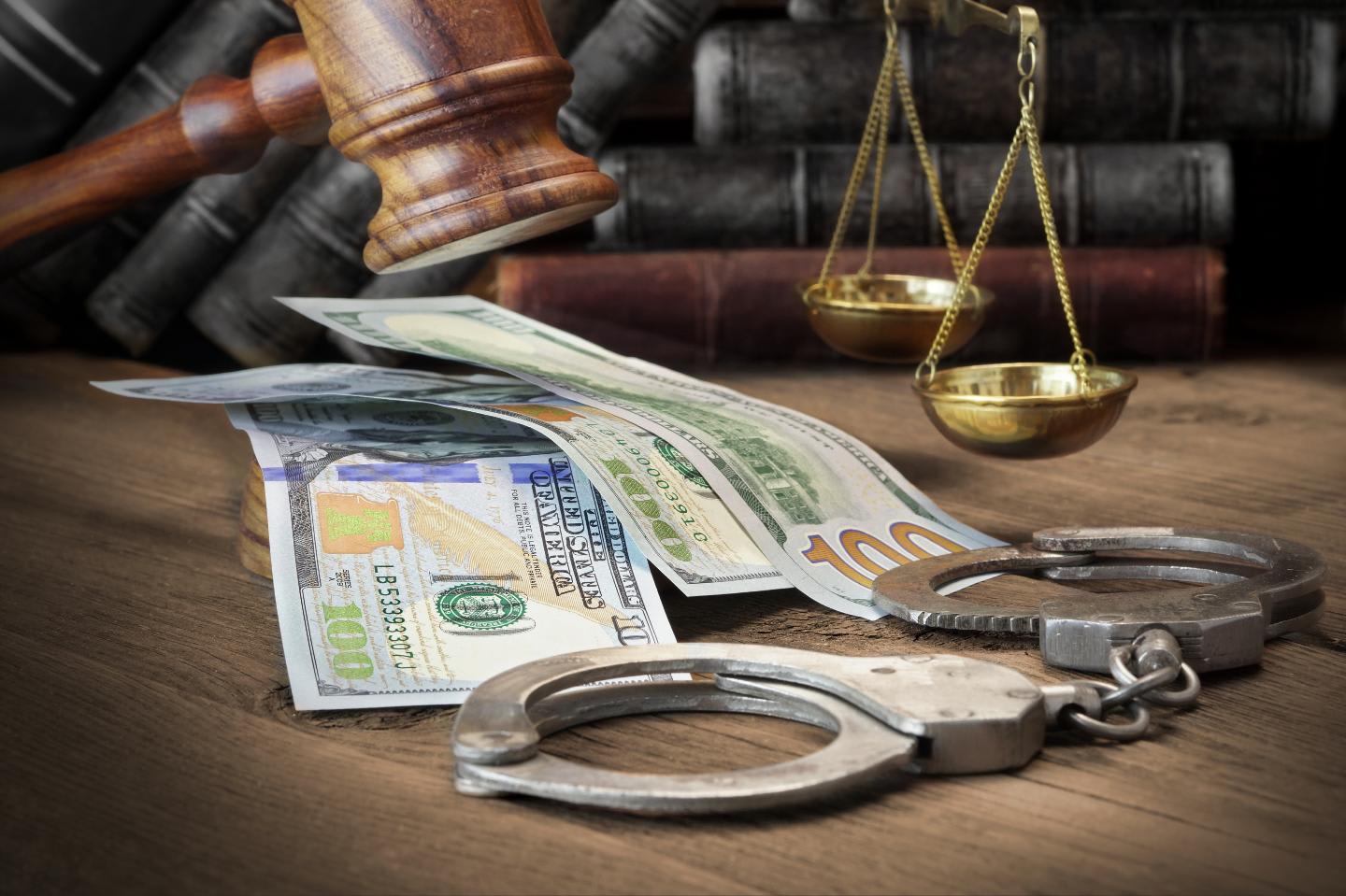
A petition under Section 482 of the Criminal Procedure Code is filed before the High Court to invoke the inherent powers of the Court to give effect to any order under the said Code or to prevent abuse of the process of the Court or otherwise to secure the ends of justice. The powers of the High Court are ostensibly vast, and thus, the Hon’ble Apex Court has held that the powers under Section 482 of the Criminal Procedure Code must be used sparsely and with care.
Pari materia provision exists in the Bhartiya Nagarik Suraksha Sanhita 2023 as Section 528 of Bhartiya Nagarik Suraksha Sanhita 2023. This power is a self-correcting mechanism for the criminal justice system, and therefore, in the hierarchy of the Courts, the High Court has been vested with this power as all courts in a State are under the general superintendence of the High Court.
This article deals with a short issue which pertains to the fate of a subsequent application under Section 482 of CrPC/ 528 of B.N.S.S before Allahabad High Court.
Firstly, the Principle of Res Judicata is not applicable to Criminal Proceedings. Hence, by virtue of the fact that an issue has been decided in a previously instituted proceeding, the subsequent proceeding is not barred.
In the case of Devendra vs. State of U.P., the Hon’ble Apex Court held as follows:
“The principle of res judicata has no application in a criminal proceeding. The principles of res judicata as adumbrated in Section 11 of the Code of Civil Procedure or the general principles thereof will have no application in a case of this nature.”
Hence, there exists no blanket ban against a subsequent petition under Section 482 of CrPC,, but the same must be necessitated by something. The Hon’ble Apex Court in the case of Bhisham Lal Verma vs. State of U.P has held as follows:
“Though it is clear that there can be no blanket rule that a second petition under Section 482 Cr.P.C. would not lie in any situation and it would depend upon the facts and circumstances of the individual case, it is not open to a person aggrieved to raise one plea after the other, by invoking the jurisdiction of the High Court under Section 482 Cr.P.C., though all such pleas were very much available even at the first instance. Permitting the filing of successive petitions under Section 482 Cr.P.C. ignoring this principle would enable an ingenious accused to effectively stall the proceedings against him to suit his own interest and convenience, by filing one petition after another under Section 482 Cr.P.C., irrespective of when the cause therefor arose. Such abuse of process cannot be permitted.”
In the case of Bhisham Lal Verma (supra), the facts of the case were that the first application under section 482 of CrPC was filed challenging only the sanction order, whereas, the second application was filed challenging the Chargesheet as well as the Summoning Order. All this transpires while the petitioner had the choice to challenge the chargesheet and the summoning order in the first instance itself.
Therefore, what concludes from the aforesaid is that the Hon’ble High Court while entertaining a subsequent application under Section 482 of Criminal Procedure Code must also look at the change in facts and circumstances in the case which necessitate the filing of the said petition.
Another aspect in this matter is that the change in law settled by the Courts can also be a legitimate circumstance which could necessitate entertaining the subsequent petition under Section 482 CrPC before the High Court.
In the case of Muskan Enterprises and another vs. State of Punjab and Another, the Hon’ble Apex Court further held that there is no requirement to take leave of the judge who had dismissed an earlier petition for filing a subsequent petition under Section 482 of CrPC. Hence, the filing of the first petition under Section 482 of CrPC which has been withdrawn without liberty to file fresh does not bar a subsequent petition under Section 482 of CrPC.
To conclude, a Subsequent petition under Section 482 CrPC/ 528 BNSS may be filed before the Allahabad High Court, however, this must not be done which may lead to abuse of the process of the Court. A subsequent petition must be necessitated by a change in facts or a change in circumstance.

